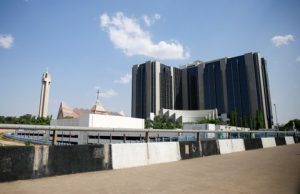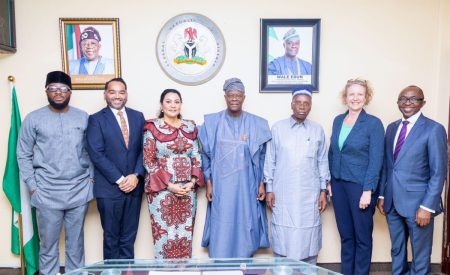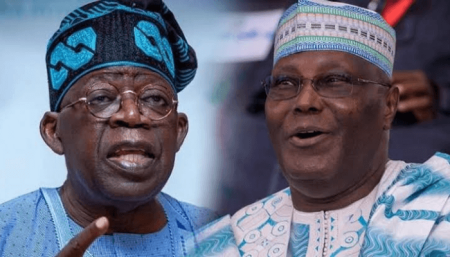
Johannesburg — Nigeria is set for two aggressive interest rate hikes within a little over a month to subdue inflation and boost the naira after a couple of missed monetary policy meetings, a Reuters poll found on Friday.
A survey taken in the past week suggests that Nigeria’s monetary policy rate will be hiked 225 basis points to 21.00% on Feb. 27, in Governor Olayemi Cardoso’s first monetary policy meeting since he took office a couple of months ago.
There was no clear majority in the sample of 15 analysts, with one expecting a 50 bps hike to 19.25% and one a 1,000 bps increase to 28.75%.
That sets the stage for Cardoso to possibly act aggressively, though some doubt authorities have the appetite.
“We expect significant policy tightening and the announcement of de facto system-wide tightening measures,” wrote Razia Khan at Standard Chartered.
“We think both steps are needed to attract greater foreign portfolio investment and anchor inflation expectations,” she added.
A 175 bps jump to 22.75% is expected in March.
Consumer inflation in Africa’s biggest economy quickened for the 13th straight month in January to 29.90%, raising the cost of living to unbearable levels for many in the continent’s most populous nation.
The Central Bank of Nigeria (CBN) has not had a policy meeting since July, putting it out of kilter with the rest of the continent’s key central banks that hold meetings almost every second month.
“Reassuringly, the CBN has announced that it will hold its first two MPC meetings of the year in quick succession, on February 27 and March 26,” wrote analysts at Barclays.
“This suggests to us that it is aware it is well behind the policy curve and will need to deliver at least two strong doses of policy tightening.”
The naira fell to its weakest level at 1,680.5 per dollar on Wednesday in the official spot market amidst a chronic shortage of the U.S. currency.
David Omojomolo, Africa economist at Capital Economics, wrote that the latest devaluation may be enough to put the balance of payments on a stable footing, though as things stand the currency has continued to weaken on the parallel market.
A poll last month suggested economic growth in Nigeria would be 3.0% this year and 3.7% next.
“Nigeria needs to take a leaf out of Kenya or Zambia’s book – and ‘tighten’ monetary policy with rate hikes,” said Charlie Robertson, head of macro strategy at FIM Partners.
Stabilising the naira is probably the most pro-growth move the CBN could make, so interest rate hikes would benefit Nigeria more than harm it, he added.
*Vuyani Ndaba; editing: Jan Harvey – Reuters



